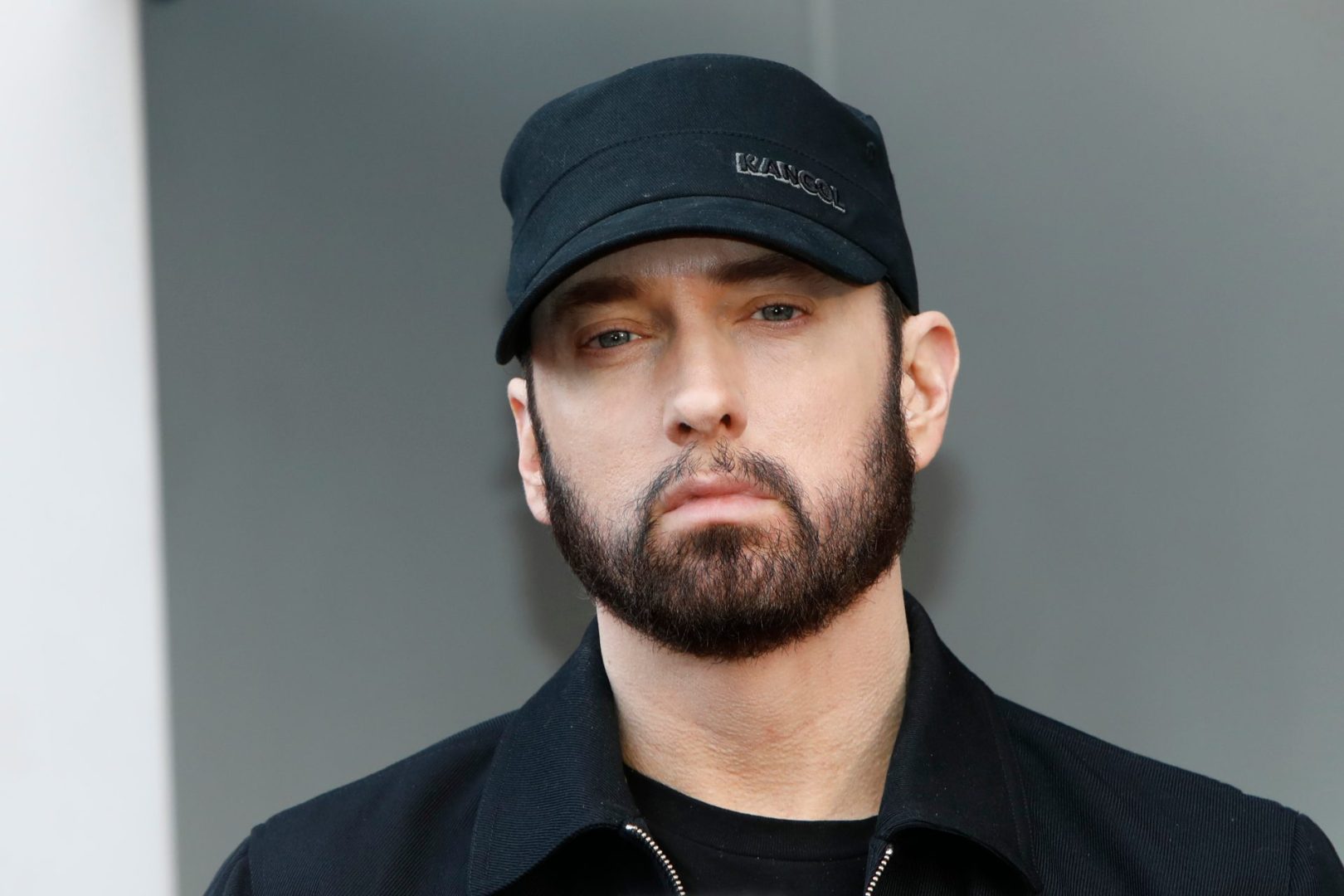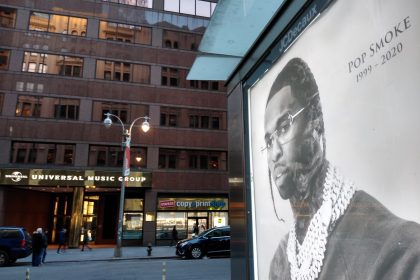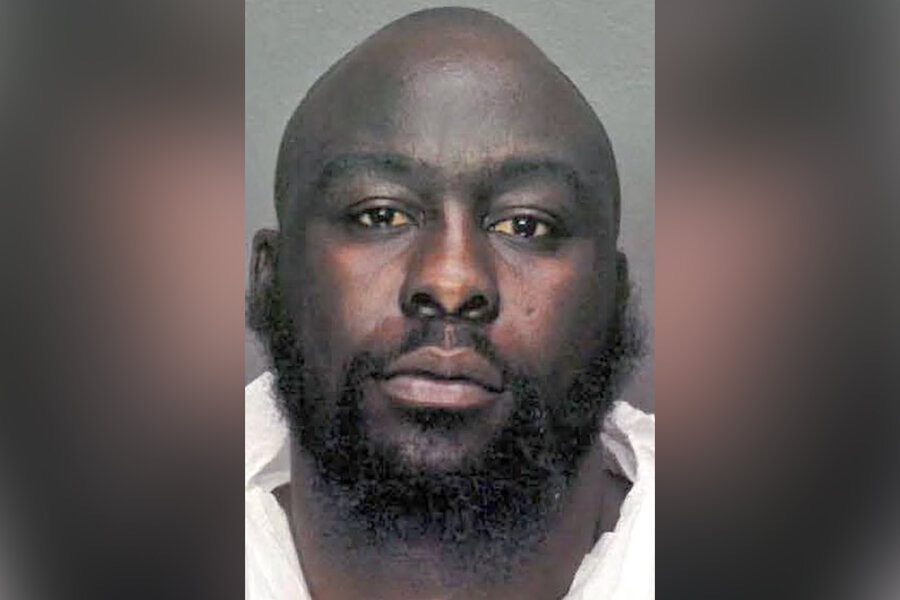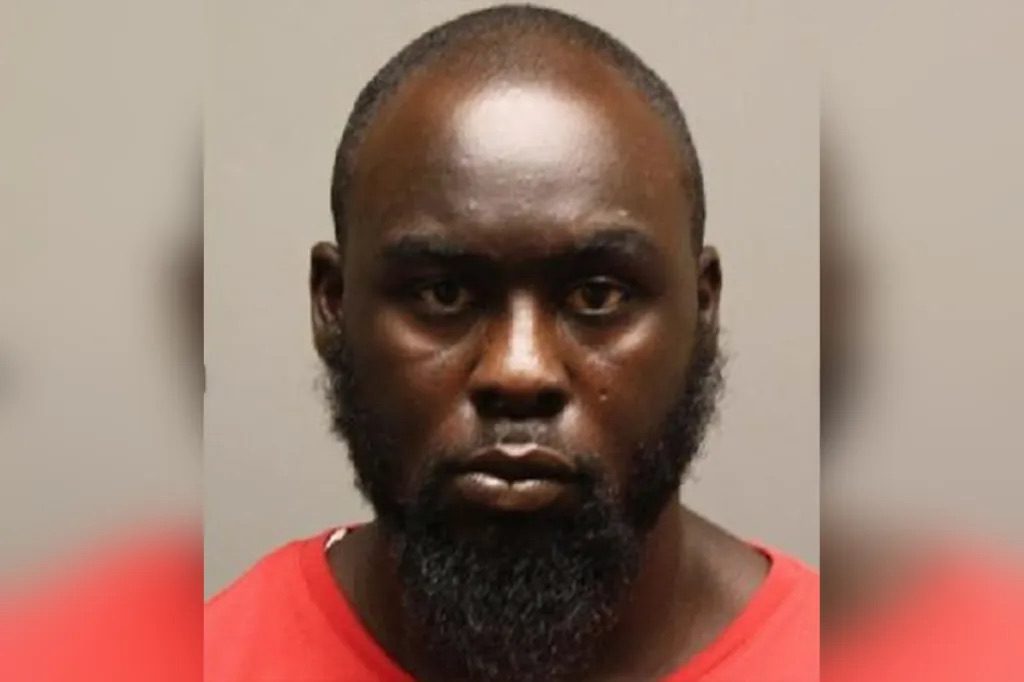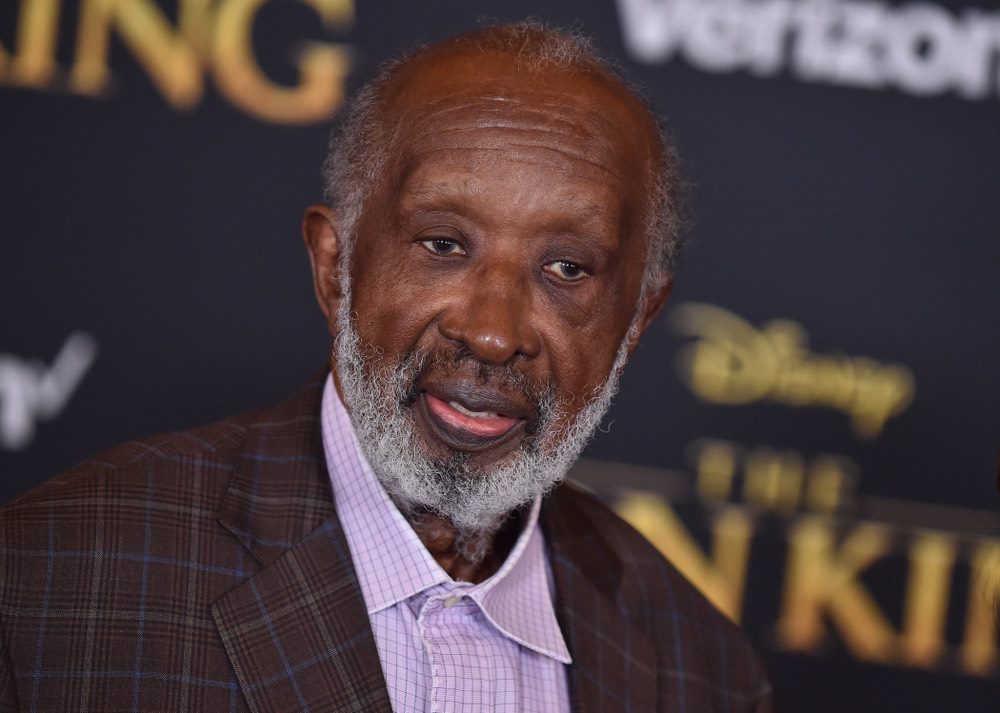A Detroit court has imposed the maximum 30-year prison sentence on Matthew David Hughes, whose persistent stalking and home invasion activities targeted Grammy-winning rapper Eminem over multiple years. The severe punishment reflects the court’s recognition of the escalating threat Hughes posed to the artist’s safety and the broader implications of celebrity stalking in contemporary society.
Hughes received a sentence ranging from 15 to 30 years for first-degree home invasion, combined with an additional term of 3 to 7.5 years for aggravated stalking charges. The convicted stalker will not be eligible for parole consideration until serving at least 18 years of his sentence, ensuring extended protection for Eminem and his family.
The case demonstrates how legal systems are increasingly treating celebrity stalking as a serious criminal matter requiring substantial punishment to deter similar behavior and protect high-profile individuals from persistent threats.
Pattern of escalating criminal behavior established
The criminal activity began in 2019 when Hughes was arrested for trespassing on property associated with Eminem, establishing an early pattern of boundary violations that would intensify over subsequent years. This initial incident should have served as a warning sign of Hughes’s growing obsession with the rapper and his willingness to violate legal restrictions.
The situation escalated dramatically in 2020 when Hughes broke into Eminem’s Michigan residence and made explicit threats against the rapper’s life. This home invasion represented a significant escalation from trespassing to direct personal threats, demonstrating Hughes’s increasing willingness to engage in dangerous behavior targeting the celebrity.
Following his arrest in August 2024, Hughes was ordered to maintain no contact with Eminem and faced a $500,000 bond requirement that he failed to meet by December. His inability to post bond kept him in custody throughout the legal proceedings, preventing additional incidents while the case progressed through the court system.
Legal proceedings highlight victim testimony importance
The May jury conviction followed a trial where Eminem personally testified about the impact of Hughes’s stalking behavior on his life and sense of security. The rapper’s willingness to participate directly in the legal process demonstrated the seriousness with which he and his legal team approached the prosecution of his stalker.
Detective testimony provided crucial evidence about the specific nature of Hughes’s threats and the investigation that led to his capture and prosecution. Law enforcement’s thorough documentation of Hughes’s criminal activity created a comprehensive case that supported the maximum sentence request.
The conviction also addressed Hughes’s violation of a probation agreement related to the 2020 home invasion, indicating that previous legal interventions had failed to deter his obsessive behavior toward Eminem. This pattern of repeated violations strengthened the prosecution’s argument for substantial punishment.
Celebrity stalking represents growing security concern
The Eminem case reflects broader trends in celebrity stalking that have intensified with social media proliferation and increased public access to celebrity information. High-profile individuals face unique security challenges as their visibility and success can attract unstable individuals who develop unhealthy obsessions.
Entertainment industry security experts note that celebrity stalking cases often involve individuals with mental health care issues who require both legal intervention and therapeutic treatment. The intersection of mental health care challenges and criminal behavior complicates efforts to prevent and address these situations effectively.
Legal systems across the country have strengthened stalking laws and penalties in recognition of the serious psychological and physical harm these crimes inflict on victims. The substantial sentence in Hughes’s case may serve as a deterrent to other individuals considering similar behavior toward celebrities or public figures.
Long-term implications for celebrity protection
The 30-year maximum sentence establishes legal precedent for treating celebrity stalking cases with the seriousness they deserve, particularly when they involve home invasion and direct threats. This approach may influence similar cases nationwide and encourage more aggressive prosecution of celebrity stalking incidents.
The case also highlights the importance of comprehensive security measures for high-profile individuals, including residential security systems, threat assessment protocols, and coordination with law enforcement agencies. Eminem’s experience demonstrates that even successful prosecution requires victims to endure significant personal disruption and stress.

